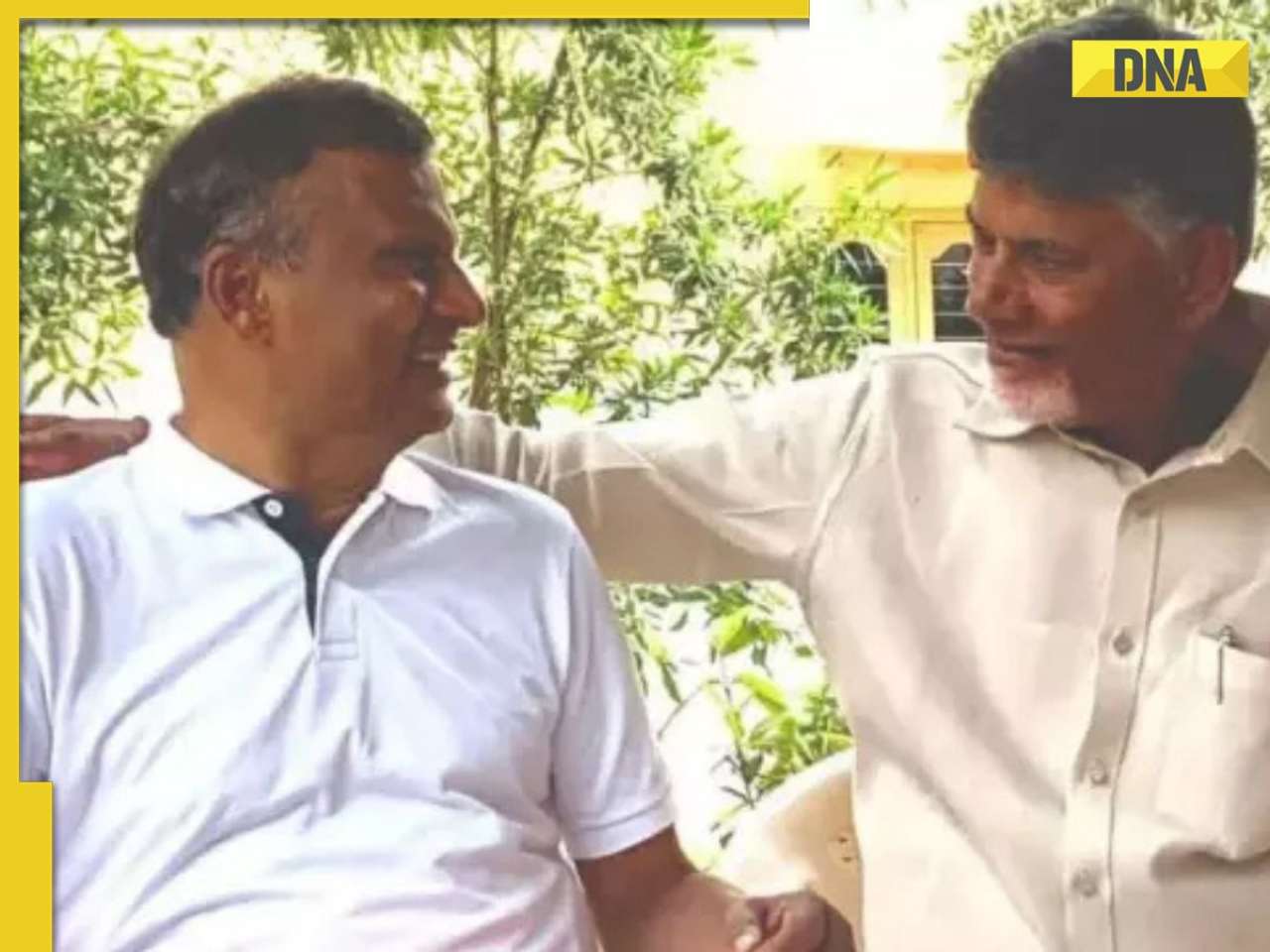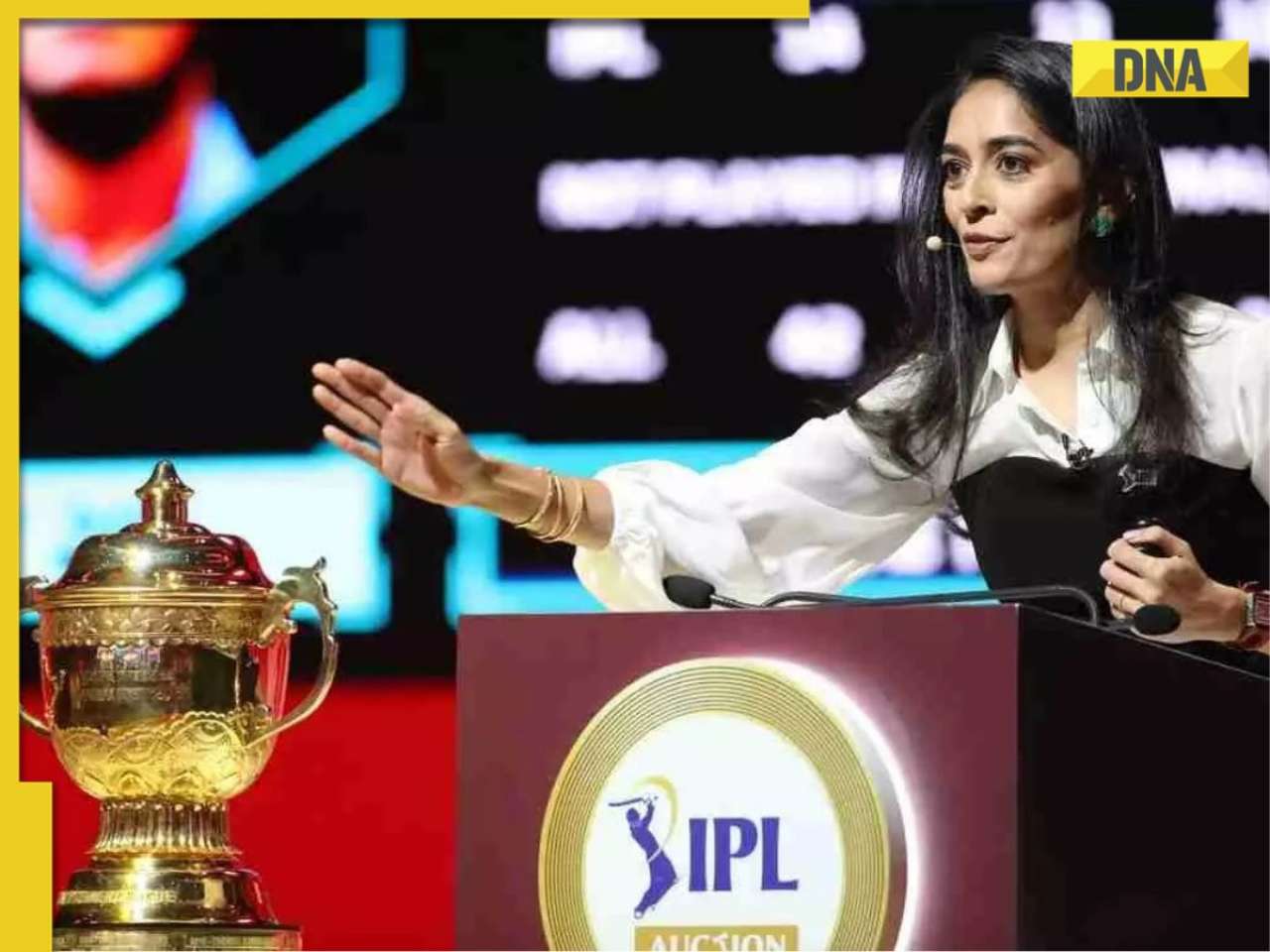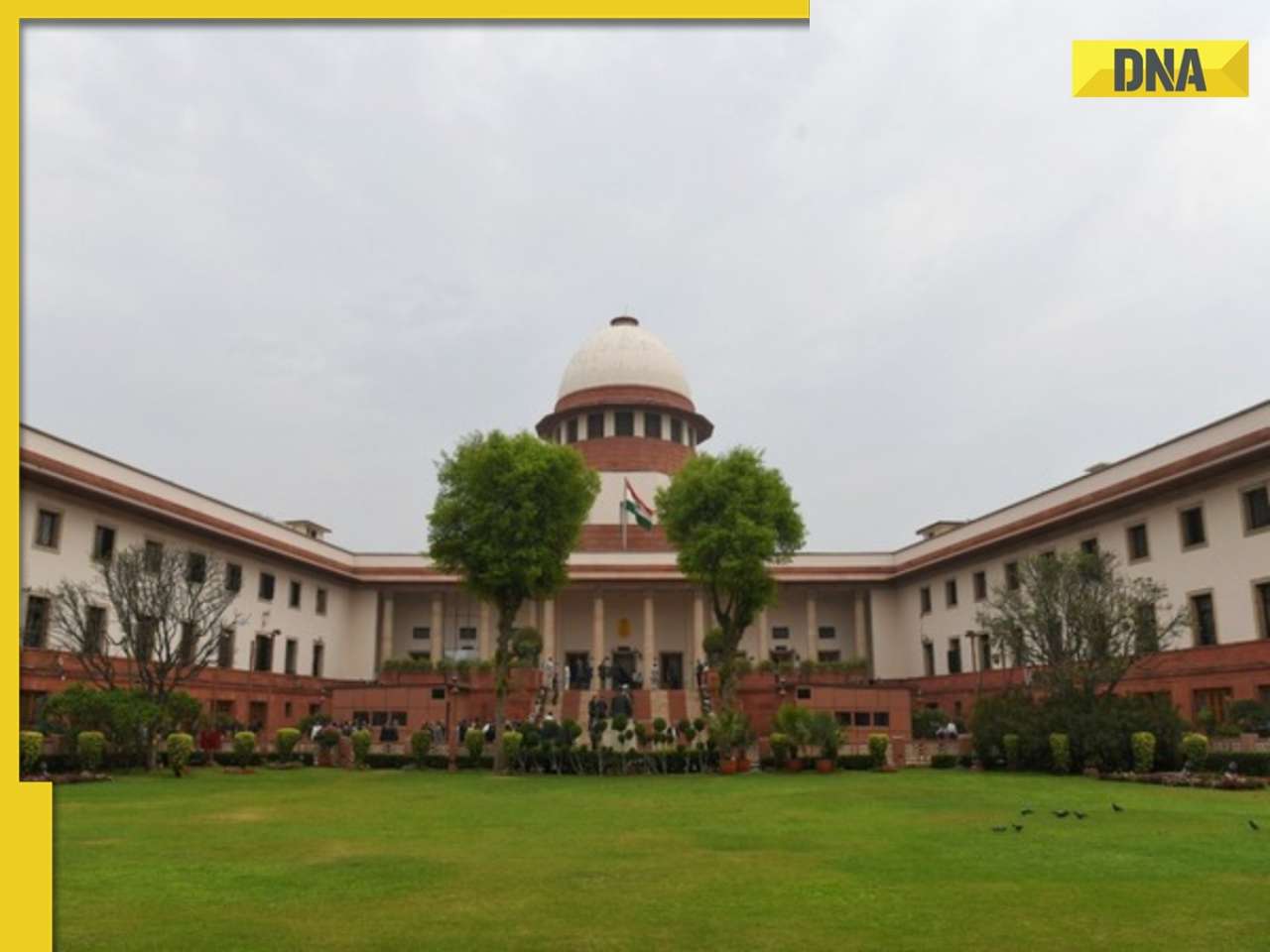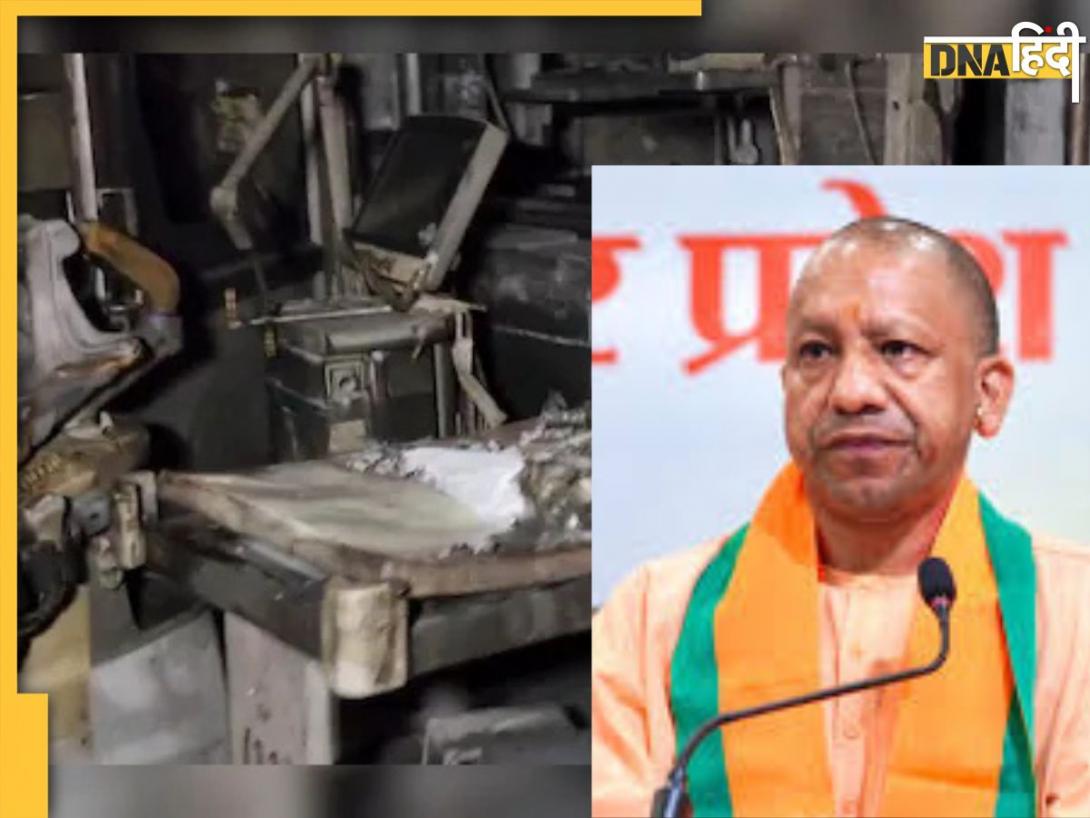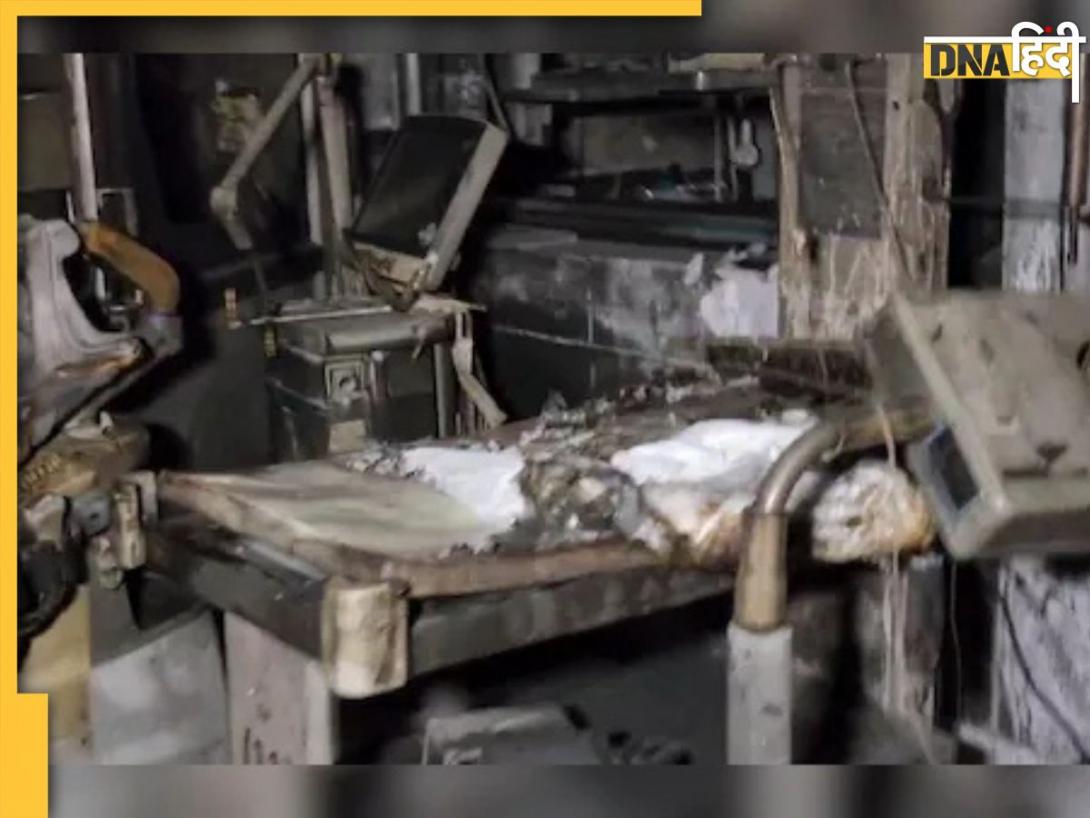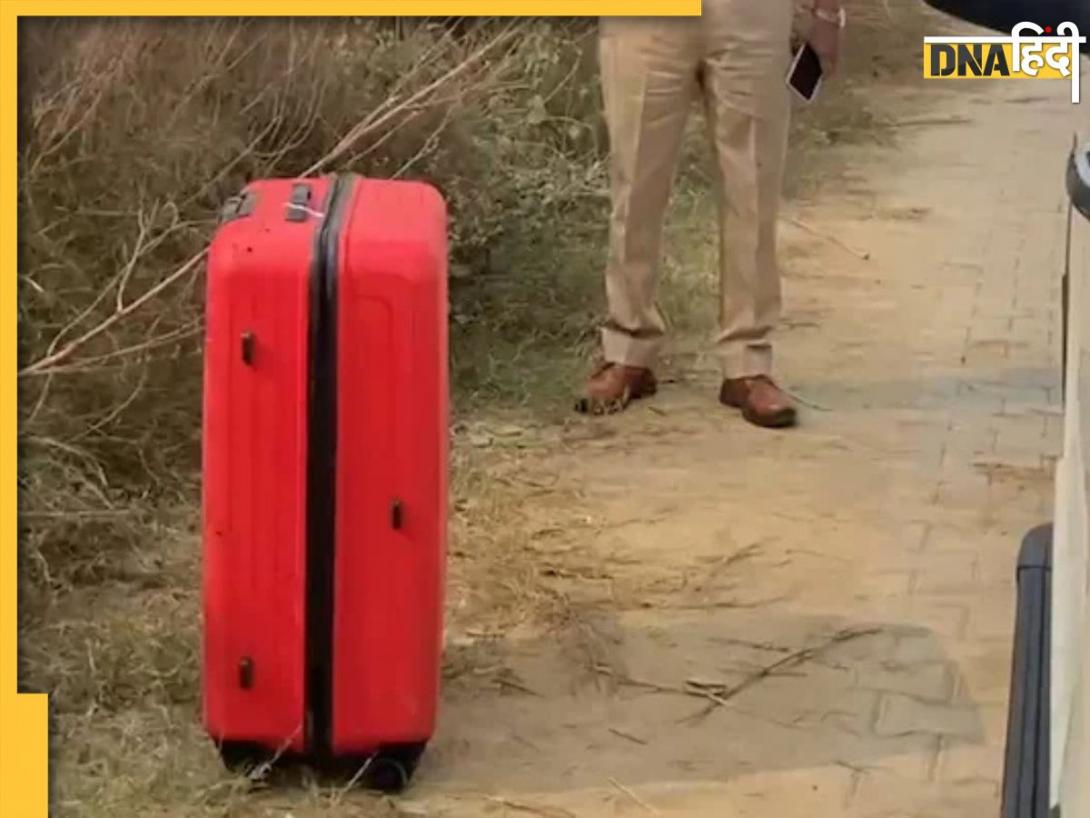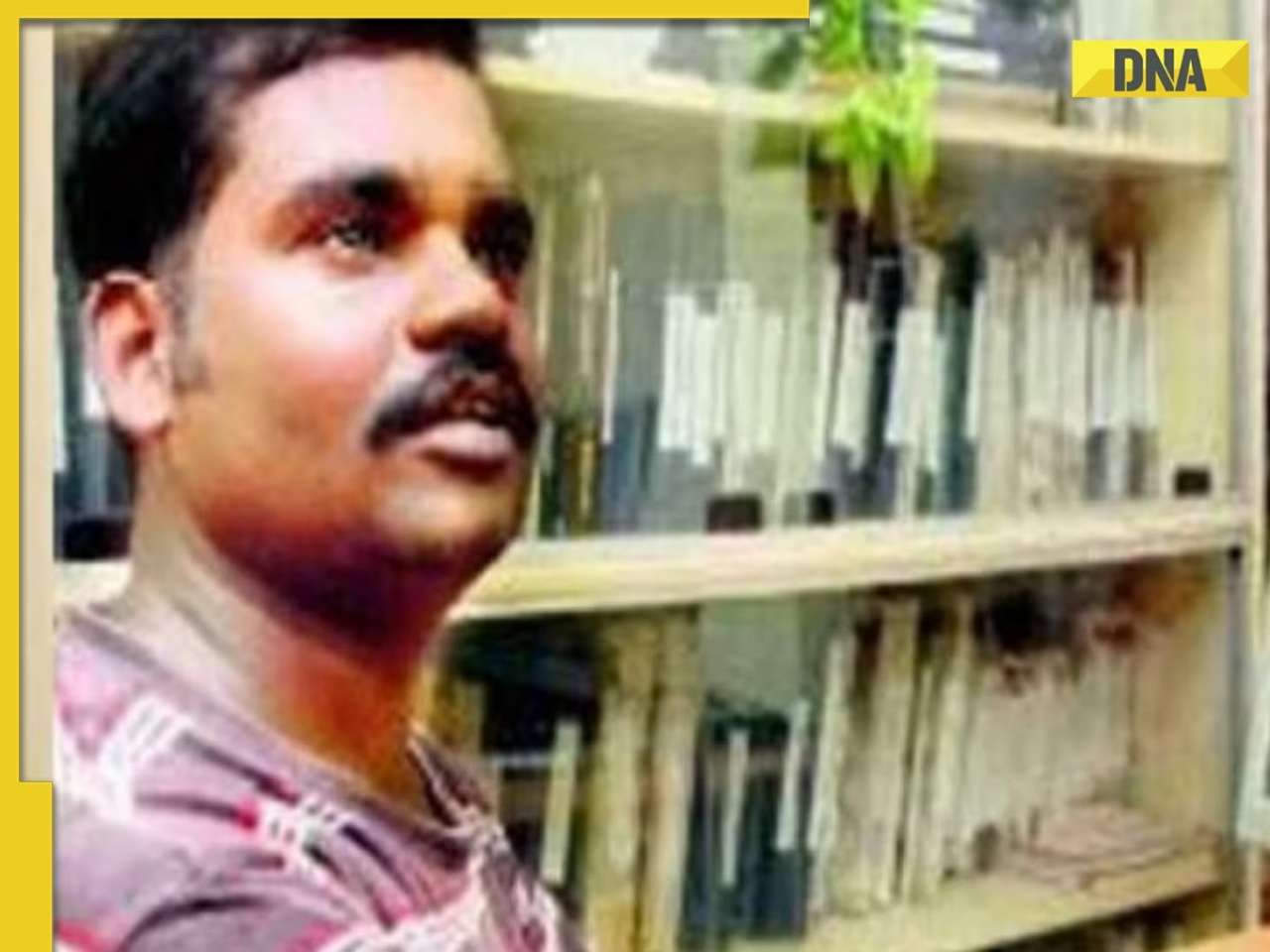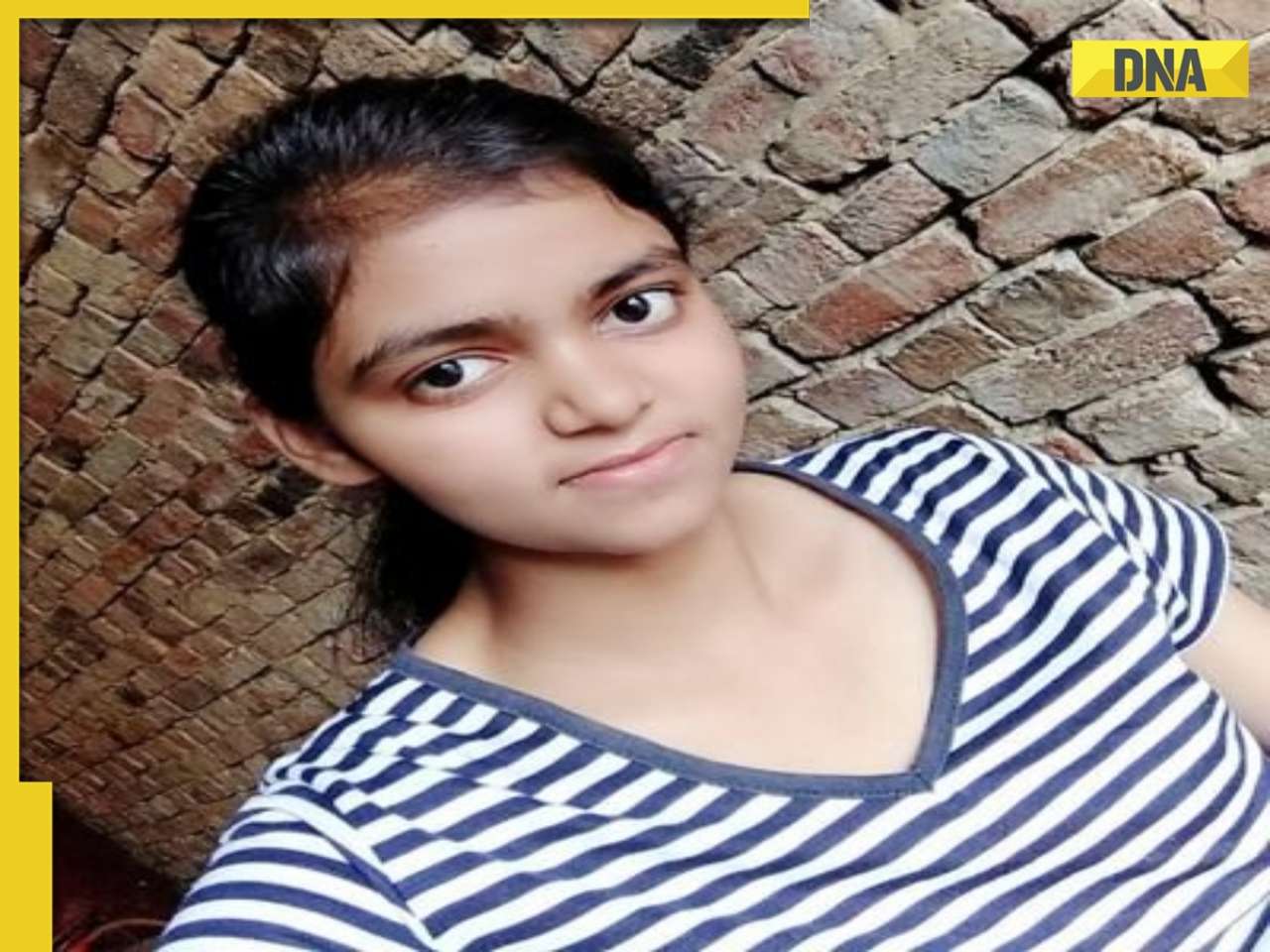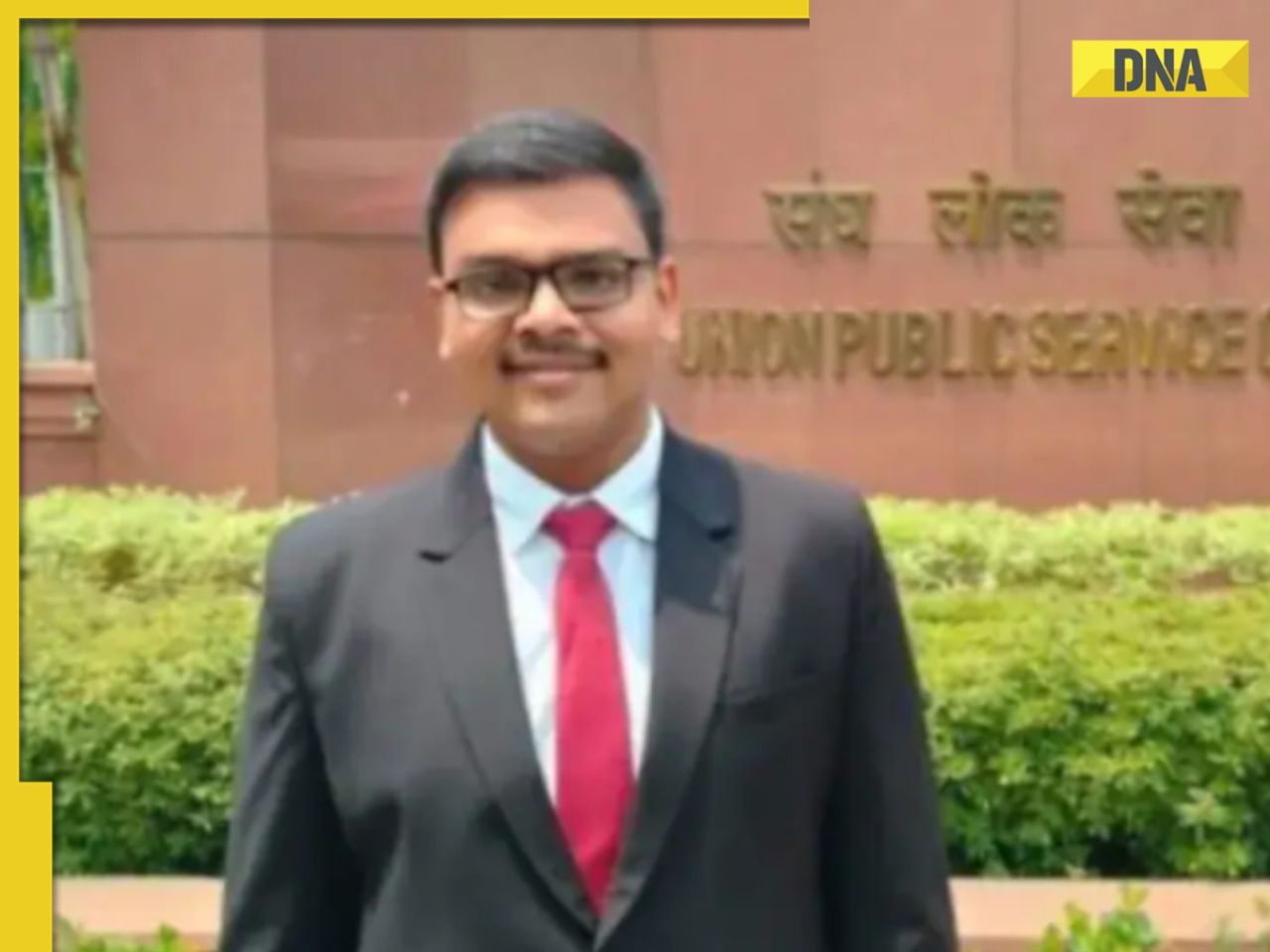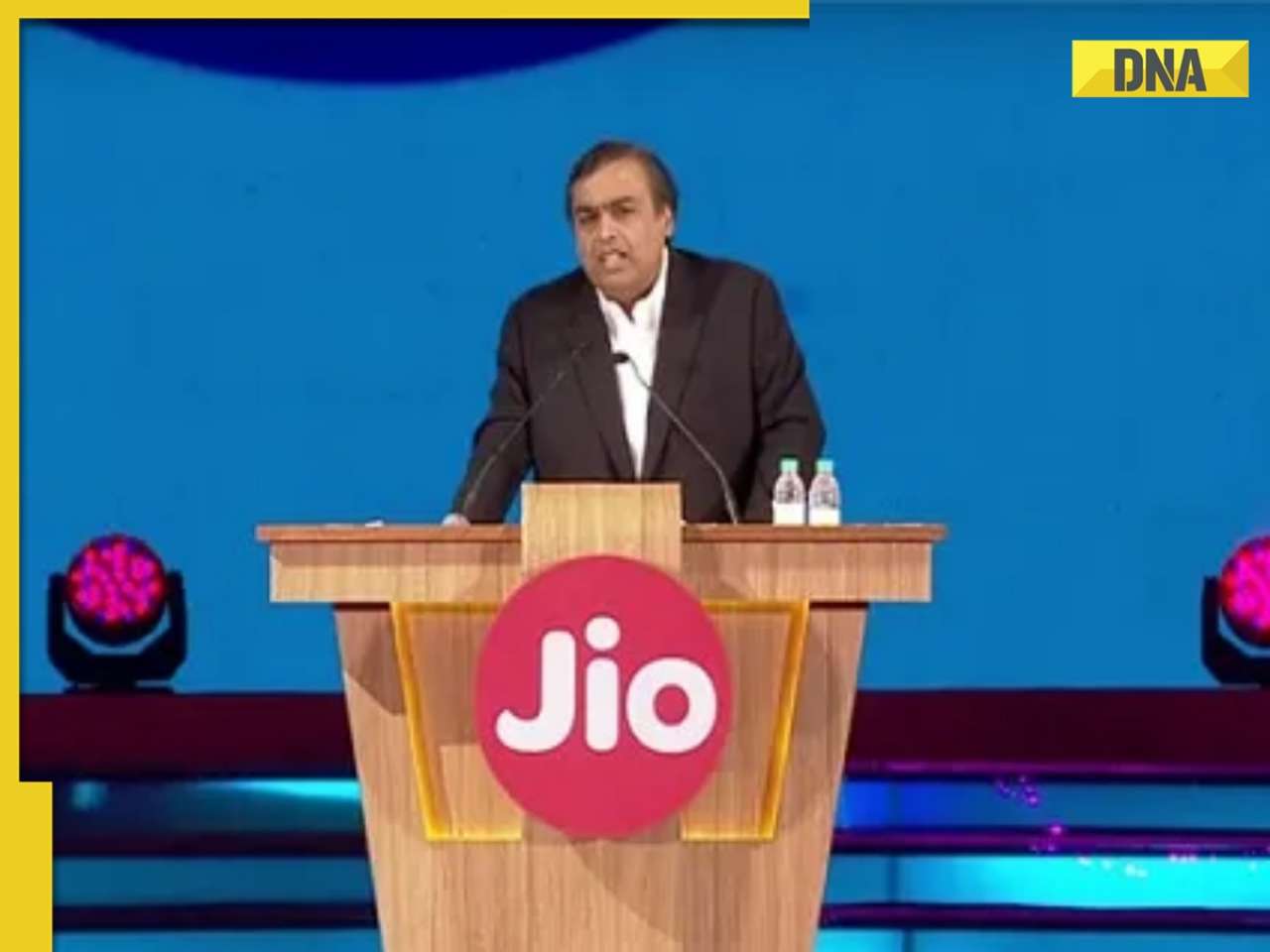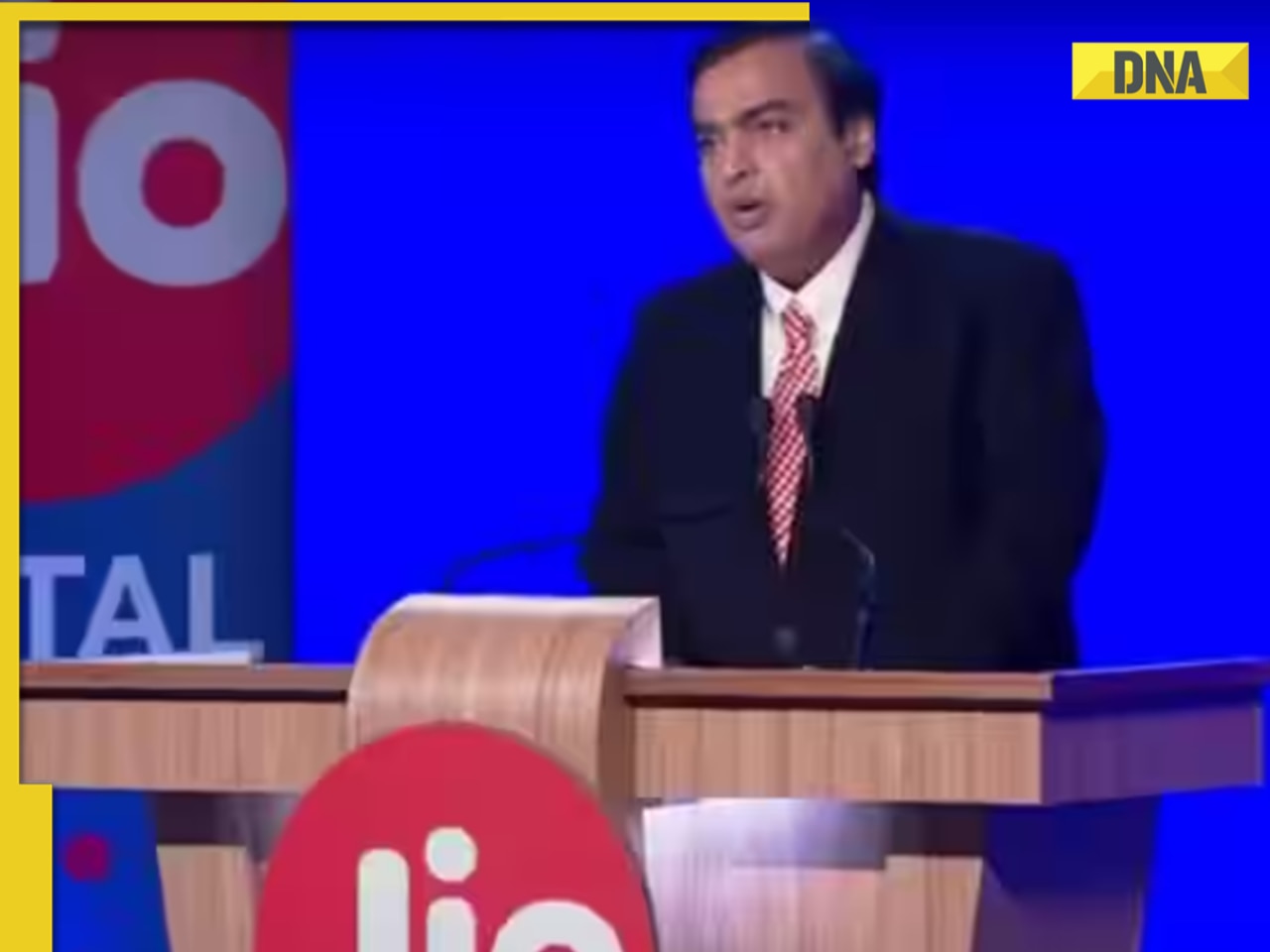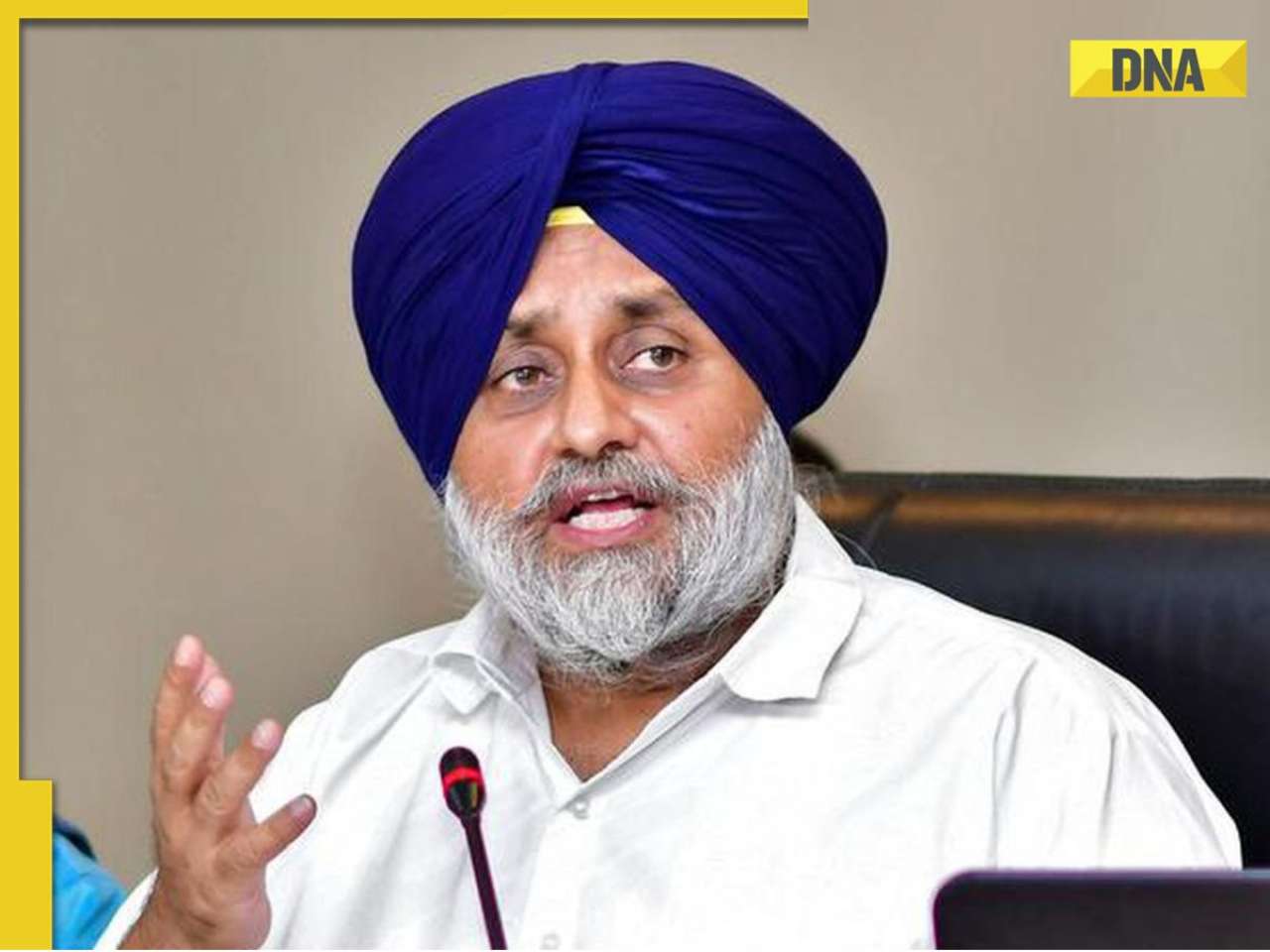- LATEST
- WEBSTORY
- TRENDING
ANALYSIS
Menstrual Hygiene Day 2021: Major challenges faced by rural girls and women during menstruation
The fourth National Family Health Survey in 2015-16 showed half the women in rural India do not use hygienic methods of protection during periods.
TRENDING NOW
May 28 is observed as Menstrual Hygiene Day across the world. Though it is as normal as any other biological function of a human body, where the lining of the uterus breaks down and leaves the body through the vagina, it is still brushed under the carpet and not discussed openly. The stigma associated with a woman bleeding every month leads to poor hygiene among a large section of rural women who use wood husk, leaves, paper and other such materials instead of sanitary napkins when on their periods. This cycle in a woman’s body leads to ovulation and reproduction and yet women feel ashamed and dirty discussing it openly.
Priyanka Jain, the State Programme Officer, Population Foundation of India, talks about rural menstrual hygiene in detail and the urgent need to address the period poverty issue.
Q: There has been a lack of access to essential commodities due to the pandemic. What is the ground reality when it comes to Menstrual Hygiene Management (which includes sanitary napkins, toilets in schools/households)?
According to the fourth National Family Health Survey (NFHS-4) in 2015-16, half the women in rural India (52%) do not use hygienic methods of protection during their menstrual period in India. Available data reveals that Menstrual Hygiene Management (MHM) remains deprioritized due to factors such as deep-seated social gender construct, cultural myths, and discriminatory traditions. This was the case even when there was no pandemic.
Since last year, a series of restrictions due to COVID-19, including a nationwide lockdown, impacted production and access to menstrual hygiene products for millions of girls and women. With health services focussed on COVID-19 care, sexual and reproductive health care services been severely impacted, especially for vulnerable population groups such as young women and girls. With schools remaining closed for the better part of the last year, access to sanitary products has been curtailed. Findings from a recent study conducted by Population Foundation of India in Rajasthan, Uttar Pradesh, and Bihar in April-May 2020, showed that more than half the young girls interviewed reported having an unmet need for sanitary pads.
Q: What are the major challenges faced by rural girls and women during menstruation?
Lack of access to information: In India, only 48% of adolescent girls are aware of what menstruation is before getting their first period. Young people do not have access to reliable and correct information about their reproductive health and rights. The stigma around menstruation leads to parents, teachers and other community stakeholders being reluctant to talk about periods. An overall lack of scientific knowledge about menstruation also gives way to myths and misconceptions.
A 2016 landscape analysis titled Menstrual Health in India observed that of nearly 355 million girls in India who have reached menarche, 71 percent reported having no information about menstruation before their first period. The study further explains that many girls believe that they may be dying or ill, the first time they menstruate. Due to societal norms around gender and menstrual taboos, feelings of shame, impurity around their menstrual cycle are common amongst girls.
Lack of access to menstrual hygiene products and facilities: Menstruating women and girls in India often face challenges in accessing menstrual hygiene products due to several factors such as a lack of agency among girls and young women, unavailability of hygiene products, poverty and social norms.
Lack of enabling environment in rural communities: Even today girls and women are socially ostracised during their period, their mobility is restricted, they are considered impure, and are not allowed to enter religious places or the kitchen. The unaccommodating social surroundings put them into a situation of discomfort, pain, and great distress.
Around 23 million girls in India drop out of school every year due to a lack of menstrual hygiene management facilities – clean toilets with running water and disposal bins – as well as a lack of access to sanitary napkins and awareness about the issue. Social taboo also leads to women cleaning and drying reusable menstrual hygiene products under unsanitary conditions, which can increase a woman’s chances of contracting cervical cancer, Reproductive Tract Infections, Hepatitis B infection, various types of yeast infections and Urinary Tract Infection.
Risk of related disease: Poor MHM in rural areas risks young girls and women from developing menstrual hygiene-related diseases like fungal, urinary tract, and reproductive tract infections. Affecting their health and well-being.
Q: Period poverty is a real problem faced across the nation by women. What must be done to eradicate this?
Low income and poverty certainly limit a family’s ability to manage menstrual hygiene. Cost of hygiene products, washing facilities, and waste management is an expensive affair. Women from the highest wealth quintile are more than four times as likely to use a hygienic method as women from the lowest wealth quintile (89% versus 21%). (Source: NFHS-4). Reduction in income, loss of livelihood due to COVID has further added to the gap.
To address period poverty there is an emerging need for –
Innovative and sustainable policies and programs from the government making MHM affordable or free of cost for people living in poverty or from low-income groups. Schemes like free sanitary napkin distribution, the inclusion of MHM in the Swachh Bharat Mission are significant. The Rajasthan government’s allocation of about Rs. 200 crores to the ‘Free Medicine Scheme’ in 2021-2022 budget with a firm emphasis on the dispensation of sanitary napkins, expansion of health and medical facilities as well as sensitization drives is a much-needed intervention.
Training adolescent girls and women on using more sustainable products such as cloth pads and awareness campaigns on the most effective and hygenic way to use them.
Bridging the massive gap between effective program planning and successful implementation of existing policies.
However, action and investment are yet needed in this regard, despite having such schemes the access to sanitary napkins is disrupted due to several factors – unsettled supply chain of sanitary napkins, quality of sanitary napkins provided, lack of hygiene facilities, and limited awareness among teachers and other frontline workers who are an integral part of the supply chain.
Q: Menstruation is an issue riddled with various myths and taboos. In regions where education is scarce and people follow backward traditions, what measures must be followed to overcome this?
For generations, conversations around menstruation and menstrual health management have been obscured by a culture of silence. It is imperative to change mindsets and break the silence to achieve the distant dream of healthy periods.
Some of the basis of the suggestions our field interventions at grassroots could be effective are:
Institutionalize Comprehensive Health Education: Young girls need to be able to access reliable information on MHM in a safe and dignified manner. By destigmatizing the issue and ensuring a sensitive approach, adolescents can be empowered to realize their full potential and be more confident. Ensuring Comprehensive Sexuality Education for both in-school and out-of-school adolescents will help to spread awareness about sexual and reproductive health. knowledge of puberty, menstruation and other health rights empower adolescents in decision making.
Social and Behaviour Change Communication (SBCC): To dispel entrenched taboos, misconceptions associated with sensitive issues like sexual and reproductive health, effective SBCC strategy and its widespread implementation is important. Population Foundation of India have been channelling the power of edutainment through television serials, Interactive Voice Response System (IVRS) and chatbots, reaching out to women, men and young people to inform and empower.
Amplification of issues through regional-language media is critical to not just highlighting the problem but also delivering the right information to rural folks.
Celebrities, public figures, and local leaders are powerful voices to help draw attention to the issue and dispel myths. The Hindi film Padman starring Akshay Kumar, and produced by Twinkle Khanna, is evidence that the subject of menstruation has decisively moved away from the wasteland of stigma, generating national attention and interest.
Q: There's a stigma prevalent in society towards a menstruating girl or woman. How important is it to change this mindset?
The participation of communities, especially men in MHM is essential. Not just girls, boys too need to be educated about menstruation and reproductive health and empowered to be able to talk comfortably and candidly about periods. Engaging men and boys from a young age are critical to normalize the discourse around menstruation for everyone, regardless of their gender. The culture of silence and lack of acknowledgment has to be shattered through well-integrated social and behaviour change campaigns that encourage conversations and break down myths around menstruation. This will lead them to influence and positively impact the experience of girls and women of menstruation in many roles – as a husband, brother, father, teacher, peer and policymaker. Consequently, young girls will be able to grow up into confident and healthy women and ensure that they act as equal partners in societal and community development.
Q: Would you agree to Menstruation being a human rights issue? Why?
In India, the number of women in the reproductive age group (15–49 years) is more than 31 crores (Census 2011). The ability to manage menstruation hygienically is fundamental to the dignity and well-being of every woman. There may not be direct mention of menstrual health and hygiene as human rights but it is well recognized that poor MHM practices will adversely affect the fundamental right to health, right to live, and right to development. Poor MHM can have a negative impact on critical social outcomes like empowerment, education, fertility, physical and mental health, economic independence, and the environment. All menstruating girls and women deserve correct information and resources to manage their menstrual health and we on our part will continue to work with all stakeholders at the grassroots level to make a difference.
Q: Menstrual Hygiene Day 2021 theme is “Action and Investment in Menstrual Hygiene and Health”. How important is this initiative taking into perspective the times we live in?
Ensuring menstrual hygiene for girls and women should be one of the important developmental agendas which calls for urgent and intensive action from all relevant stakeholders to change. We should not let COVID undermine our efforts made so far to change the current menstrual hygiene scenario in India and step ahead by prioritizing our actions and investments for better Menstrual Hygiene and Health.
The present pandemic situation has reiterated the need to invest in the health of the young population as they are the foundation for healthier and resilient generations. And sexual and reproductive health rights are inevitable to basic health.







)
)
)
)
)
)
)
)
)
)
)
)
)
)
)
)























